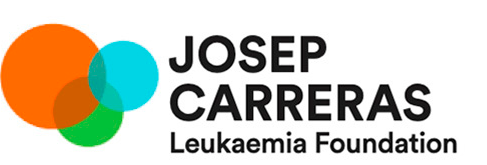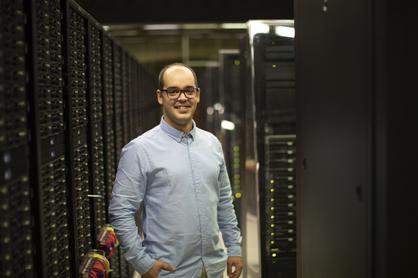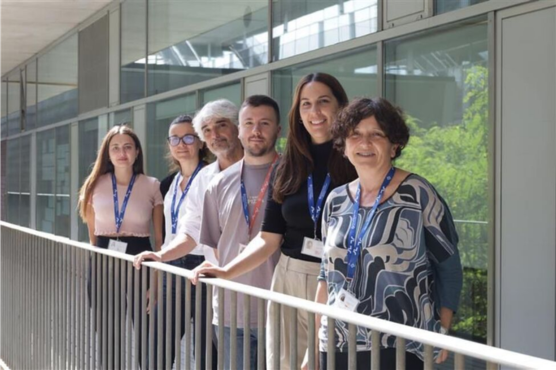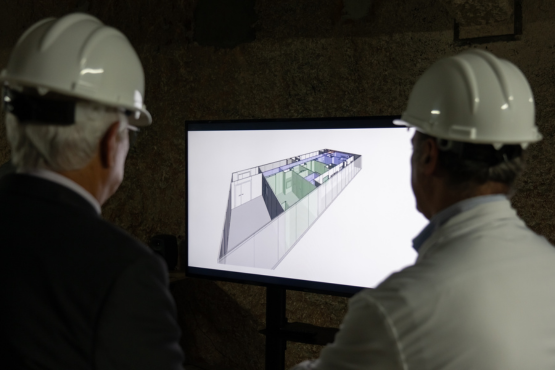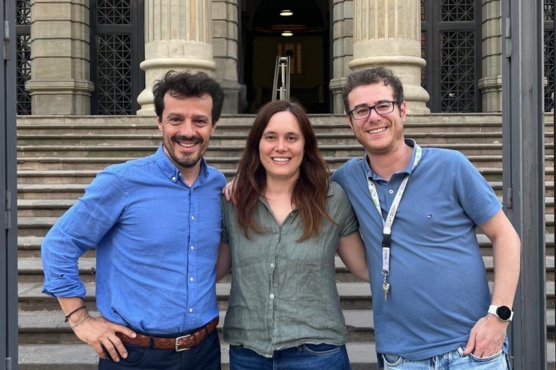►The main results of the research, with the participation of Dr Eduard Porta, highlight the patient’s genetic background and identify key variations in genes controlling individual response to immunotherapy, leading to a better individualisation of the treatments.

Dr Eduard Porta, principal investigator of the cancer immunogenomics group at the Josep Carreras Institute.
The immune system is our first line of defence against cancer. Lymphocytes are permanently alert, in a constant search-and-destroy for precancer cells and its malfunction, or the malignant cell’s ability to avoid them, may lead to tumour formation and progression.
Therefore, in the fight against cancer, the latest generation of drugs in the doctor’s arsenal are those seeking to reactivate the immune system so it can be, again, our best ally. These new treatments are generically regarded as immunotherapy.
A team of scientists lead by Dr Rosalyn W. Sayaman, with the participation of Dr Eduard Porta, leader of the Cancer Immunogenomics group at the Josep Carreras Research Institute, has measured the importance of the patient’s particular genetic variability in the success of immunotherapy. So far, only 15% of all patients develop a positive response to these new treatments.
In the last decades, most of the genomic research against cancer has focused on the tumour’s own genetic abnormalities as a source of prognosis. This information has indeed led to great improvements in treatments, but Dr Porta points out that “germinal variants, our genetic information at birth, already predisposes the immune system to attack cancer cells with more or less intensity”. Hence, the novelty of the present study lays in “looking in detail how the immune system aggressiveness changes among patients”, explains Dr Porta, whose research is funded by a Junior Leader fellowship from La Caixa Foundation.
To link genetic variability and immune response, scientists identified 139 common genetic traits related to the immune system performance and compared them with germinal genetic information of over 9,000 cancer patients, looking for associations that can explain such a low efficacy of the treatments. For the analysis, called Genome Wide Association Study (GWAS), researchers used data from The Genome Cancer Atlas, containing over 20,000 genomes from patients and their tumours, spanning 33 different cancer types.
The analysis, published in the top scientific journal Immunity, has allowed the identification of variations in key immune response genes involved in the antitumour response. Most of the genetic variations identified were already known as immune system modulators but, unexpectedly, many other related with autoimmunity were found, strengthening the hypothesis that an abnormal general function of the system leads to a higher cancer risk throughout life.
It is expected that, with this new data, a better classification of cancer patients according to its genetic profile may anticipate the most effective treatments in the event of a tumour, individually, leading to a better remission perspective.

